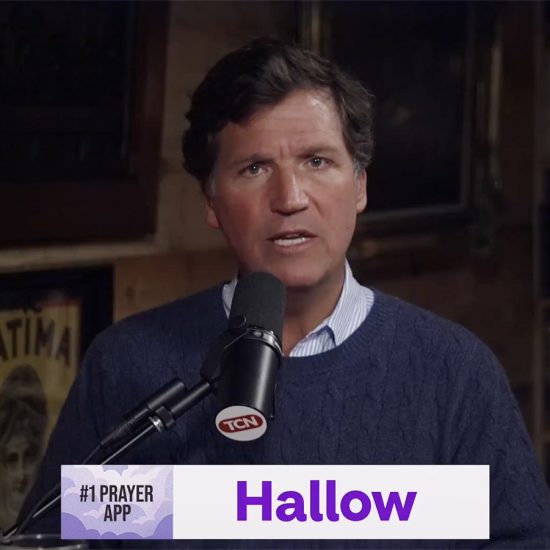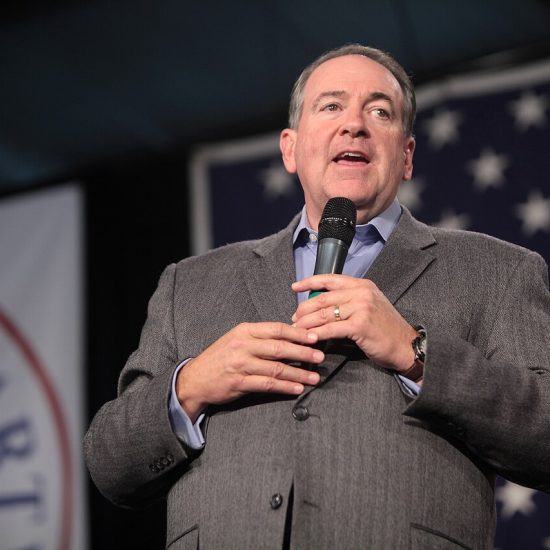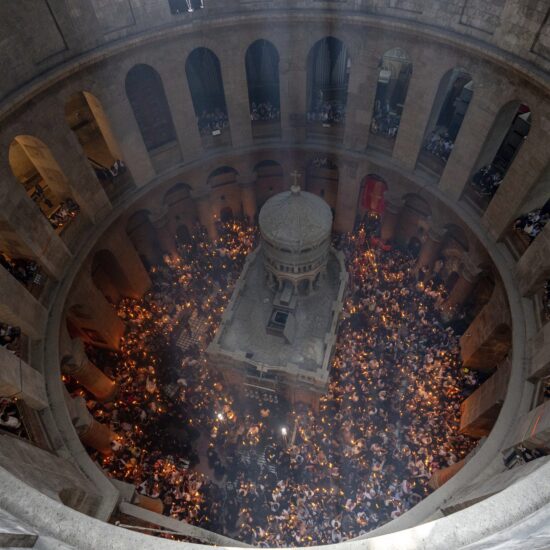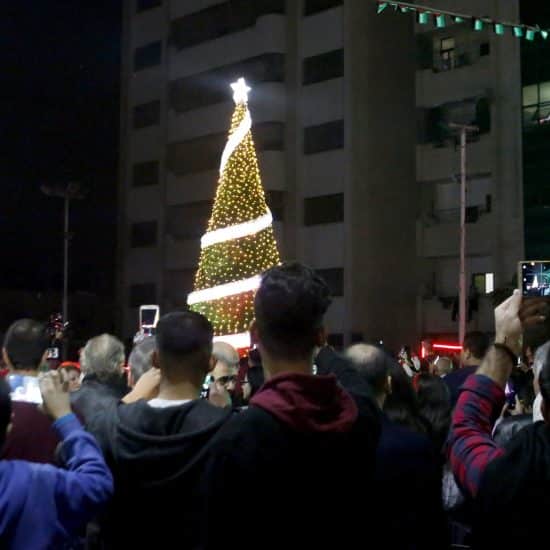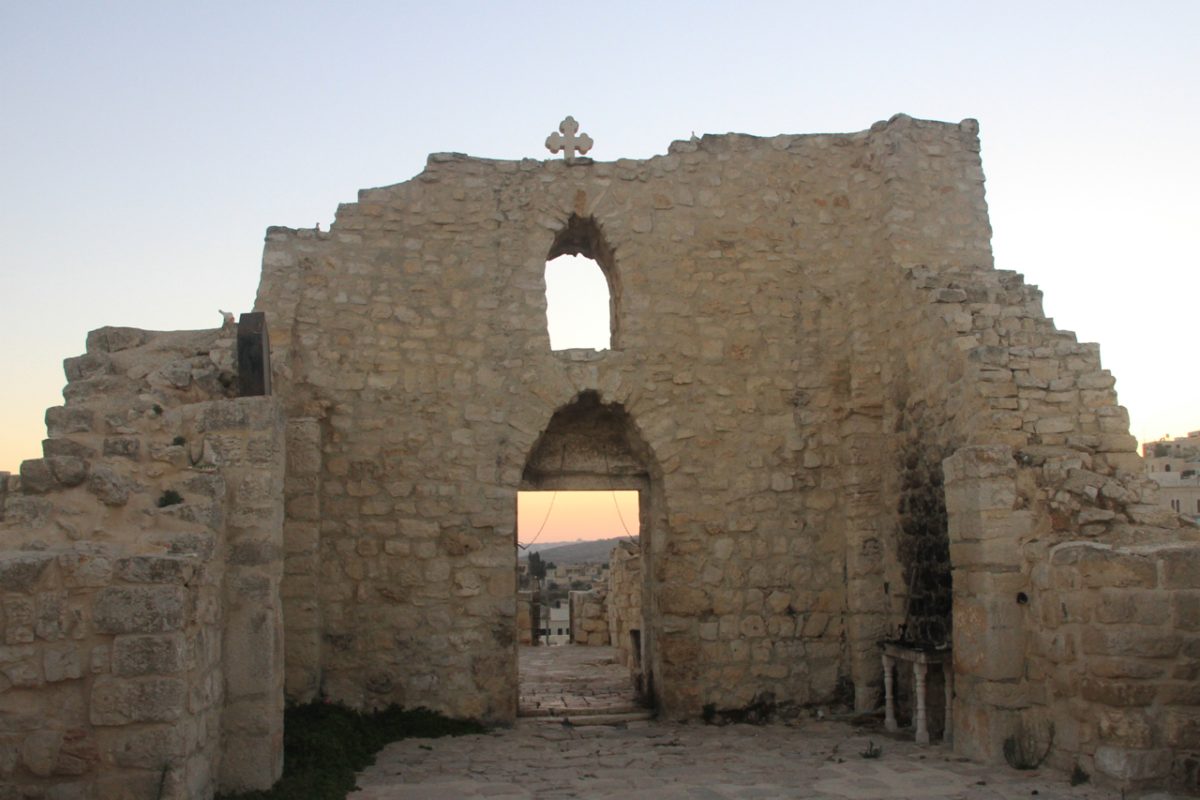
The recent wave of Israeli settler attacks — burning fields, threatening holy sites, and attacking private property against the Palestinian Christian village of Al-Taybeh — should come as no surprise. They are not isolated incidents but the inevitable outcome of a long-standing Israeli policy that combines rejection of Palestinian self-determination, preparation for de facto annexation of the West Bank, and systemic impunity for violence against Palestinians.

Xavier Abu Eid
Unless the international community acts decisively and swiftly, Al-Taybeh — one of the last remaining entirely Christian villages in Palestine — risks being overrun by settlers, its lands confiscated, and its people forcibly displaced.
The formula is not new. Since October 2023, more than 50 Palestinian rural communities have been ethnically cleansed in the West Bank through coordinated settler violence, often carried out under the protection of the Israeli army. Nearby villages such as Al-Mughayyar and Al-Mu’arrajat have already suffered this fate. Al-Taybeh, located strategically between Jerusalem, Jericho, and Ramallah and overlooking the Jordan Valley, is now in the crosshairs.
Al-Taybeh rarely garners international headlines — unless it’s for its renowned brewery and winery, established by a Palestinian-American family that returned after the Oslo Accords with the dream of contributing to a self-sustaining Palestinian economy. That dream is now under threat.
The hostility toward such aspirations is starkly evident in the words of U.S. Ambassador to Israel Mike Huckabee, a vocal Christian Zionist. He recently dismissed Palestinian claims to their land, suggesting that Arab and Muslim countries — or even France — should provide land elsewhere for a Palestinian state. This denial of Palestinian nationhood puts the Trump-appointed ambassador in ideological alignment with the very settlers working to erase Al-Taybeh and the broader Palestinian presence from the map.
But Al-Taybeh is not just a strategic or economic target. It is a site of profound religious significance. The village is home to the 5th-century Church of St. George, still in use by the indigenous Christian community. Recently, settlers attempted to set it ablaze. The attack was not just an act of religious intolerance but part of a broader campaign to erase the physical and spiritual presence of Palestinians, Christian and Muslim alike.
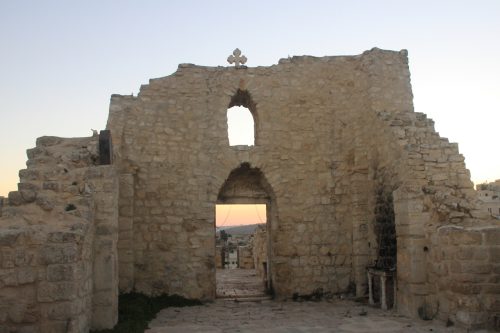
Ruins of the Church of St George in the Israeli-occupied West Bank of Al-Taybeh. (Ralf Lotys)
The consequences reach far beyond the village. Thousands of people from Al-Taybeh now live in the United States, Latin America (notably Guatemala and Chile), Jordan, and the Gulf. Many return each summer, maintaining a living connection to their homeland. The property rights of these diaspora Palestinians — many of them U.S. citizens — are now under direct threat. And Al-Taybeh is not alone: neighboring Christian and Muslim villages like Deir Dibwan, Kufr Malek, Sinjil, Al-Bireh, and Ein ‘Arik face similar pressures.
Let us be clear: settler attacks are not rogue actions. They are extensions of Israeli government policy. Even critics of Prime Minister Benjamin Netanyahu within Israel often denounce the settlers’ tactics but not their ultimate goal — continued domination over Palestinian land. With no international sanctions and a near-total absence of political will, Israel’s ruling coalition is steadily making a future Palestinian state impossible.
The urgency of the situation makes important steps, such as recognizing the State of Palestine, insufficient. What is needed is concrete accountability: targeted sanctions against individuals, institutions, and corporations complicit in the settlement enterprise and occupation. The priests of the three Churches in Taybeh made a desperate call to “apply diplomatic pressure on the occupying authorities to halt settler actions and prevent them from entering or grazing in Taybeh’s lands.”
Xavier Abu Eid is a Palestinian Christian from the West Bank city of Beit Jala, PhD candidate at Trinity College Dublin, and author of Rooted in Palestine: Palestinian Christians and the Struggle for National Liberation 1917-2004. Follow him on X @xabueid.

